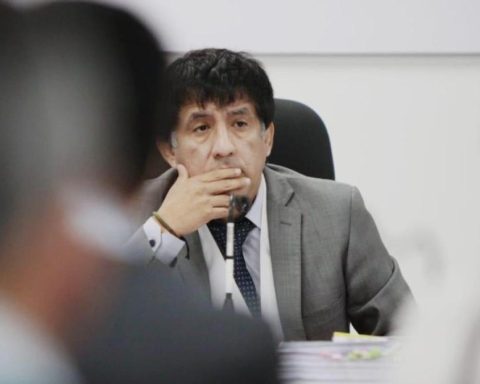From the Writing
Newspaper La Jornada
Monday, October 31, 2022, p. 4
The electoral reform project represents an opportunity to strengthen democracy and give greater legitimacy to the authorities on the matter, but subjecting them to popular vote has the risk that councilors and magistrates elected in this way belong to the party in government. In other words, they would once again depend on the Executive Power, warns an analysis by the Belisario Domínguez Institute of the Senate of the Republic.
In addition, he warns that the process would cost more than 8 billion pesos, which goes against the principle of austerity sought by the government in its reform initiative.
The document titled Advantages, costs and risks of the popular election of the electoral authorities in Mexicoprepared by the researcher César Alejandro Giles Navarro, affirms that another advantage of the Executive’s initiative is the possibility of institutional improvement and innovation as a product of political competition.
However, he points out that in a context of partisan hegemony such as the one that has been configured in Mexico after the third alternation of 2018, the possibility that the councilors and magistrates elected by the citizens belong to the party in government is very high, which which would once again convert said authorities into entities dependent on the federal Executive Power.
It indicates that a radical transformation of one of the main components of the Mexican electoral system could put the country’s political and social stability at risk, because the authorities would participate in the struggle for power and at the same time are in charge of applying the rules. and resolve differences between political forces.
Another risk of turning referees into players is that the observation, application and sanction of electoral rules would cease to be a technical and legal issue and would become a matter of popularity subject to the moods and swings of political competition.
The analysis highlights that one of the greatest achievements of the democratic transition in Mexico was that the electoral function ceased to be a task of the government to become an authentic task of the State, which was possible with the autonomy, citizenship and professionalization of the authorities. comical.
















